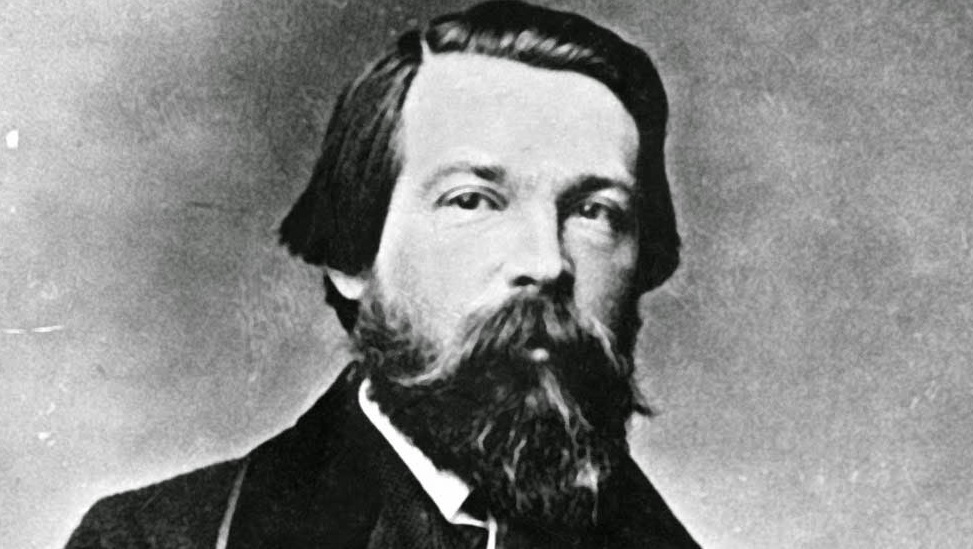Friedrich Engels was a German philosopher, social scientist, journalist and businessman. His father was an owner of a large textile factory in Manchester, England. Take a look below for 30 more fascinating and interesting facts about Friedrich Engels.
1. Engels founded Marxist theory together with Karl Marx and in 1845 published The Condition of the Working Class in England, based on personal observations and research in Manchester.
2. In 1848, Engels co-authored The Communist Manifesto with Marx and also authored and co-authored many other works.
3. He supported Marx financially to do research and write Das Kapital.
4. After Marx’s death, Engels edited the second and third volumes.
5. Engels organized Marx’s notes on the Theories of Surplus Value, which he later published as the “fourth volume” of Capital.
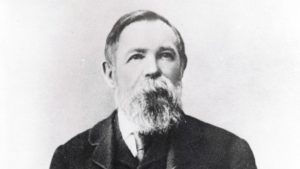
6. Engels was born in Barmen, Prussia, which is now a part of Germany, on November 28, 1820.
7. He was the eldest son of Friedrich Sr. and Elisabeth Franziska Mauritia von Haar, who had eight children altogether.
8. Though Engels’ parents were Pietistic Protestant and he too was raised as per their principles, eventually Engels grew up to be an atheist. His mother was highly disappointed with his way of life and feared for him.
9. At the age of 17, Engels dropped out of high school because of family problems.
10. His parents expected him to join their family business, which he did a few years later.
11. In 1838, he was sent by his father to work as a nonsalaried office clerk at a commercial house in Bremen.
12. While in Bremen, Engels began reading more banned work of many authors, such as Ludwig Borne, Karl Gutzkow, Heinrich Heine and George Wilhelm Friedrich Hegel.
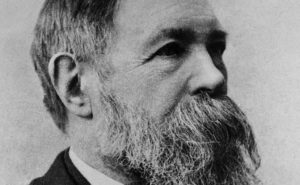
13. After embracing Hegelian society, Engels joined the “Young Hegelians” society along with Bruno Bauer and Max Stiner.
14. The society converted Engels into an atheist, which wasn’t difficult since Engels was skeptical of his own religion to begin with.
15. Engels began reading philosophy of Hegel and was heavily inspired by the German philosophy. In September 1838, he wrote a poem “The Bedouin”, which was his first published work in Bremisches Conversationsblatt No. 40.
16. When in Bremen, Engels started writing newspaper articles where he spoke about the societal harms of industrialization.
17. In Bremen, he adopted a pseudonym, Friedrich Oswald, due to his confrontational writings which might have caused problems for his Pietistic family.
18. In 1841, while serving in the Prussian Army, Engels attended university lectures at the University of Berlin and met a group of Young Hegelians.
19. In 1842, Engels’ parents sent him to England to work in a mill which made sewing threads. His parents believed that this trip would change their son’s liberal thinking. However, on his way to England, he met Karl Marx for the first time in the office of Rheinische Zeitung, a German newspaper.
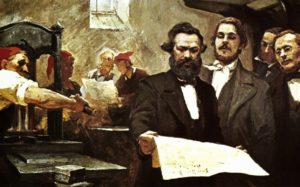
20. Engels met Moses Hess, the Jewish French philosopher and socialist in 1843, who convinced him to believe in the ideology of communism. Hess convinced Engels that communism was the only way to progress and develop the society.
21. In 1843, Engels wrote “Outline of a Critique of Political Economy” which was his first economic article. The article was published in 1844 by Karl Marx in his journal “Deutsch-Franzosische Jahrbucher”, which he used to run from Paris.
22. “The Condition of Working Class in England” was one of Engels’ most notable works. In the book, he analyzed the living conditions of the working class in Britain.
23. “The Condition of Working Class” in England reflected Engels’ thoughts on socialism and its development. It was a huge hit among German readers and was considered to be a classic of its time. It is still influential with historians of British Industrialization.
24. Engels fell in love with Mary Burns during his stay in Manchester. She was an uneducated Irish working girl. They never married, but they lived as husband and wife.
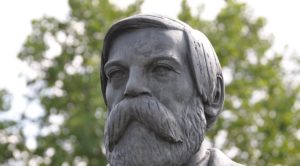
25. It’s believed that due to Engels’ closeness to Mary, he was able to have a close look at the shameful and horrible side of British Imperialism. She was somewhat responsible in changing his mindset towards the working class.
26. Mary died in 1863 and Engels found solace in her younger sister Lizzy.
27. Engels never intended to marry Lizzy like Mary Burns, however, he did marry her on September 11, 1878, but only because it was her dying wish.
28. Engels died of throat cancer in London in 1895. Per his request, his ashes were dispersed from the Beachy Head, which was situated close to Eastbourne.
29. When Engels and Marx met for the first time, they didn’t like each other very much.
30. Engels always considered himself to be “second fiddle” to Marx and always placed Marx before him.

